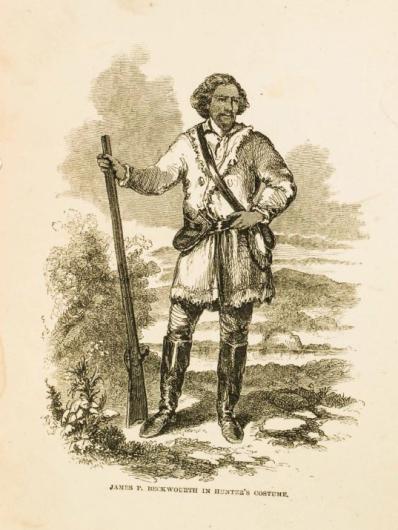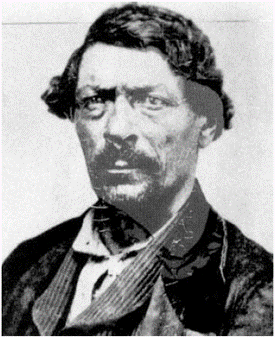Attachments
Related Stories
- A Paw-powered Legacy
- Preserving the past across the Plains: BLM Montana-Dakotas Cultural Resources staff safeguard America’s storied history
- 11-year-old Touren Pope discovers ancient turtle fossil on BLM land in Wyoming
- Remembering the cattle drive that defined ranching in southeastern Arizona
- Historic Umtanum Suspension Bridge wins international footbridge award


